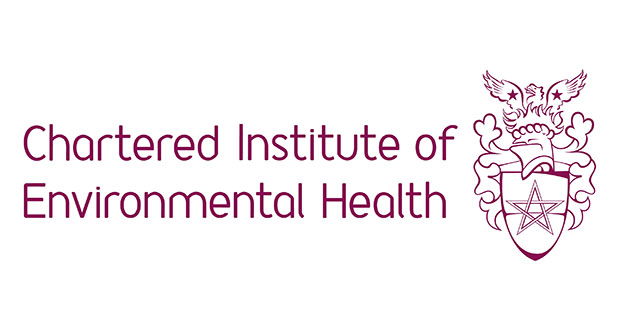How Food Businesses Can Uphold World Food Safety Day Every Day

As awareness of food safety is intensified for World Food Safety Day, Kate Thompson, Director Wales, Chartered Institute of Environmental Health (CIEH), reminds all food businesses of the importance of ensuring the food people eat is safe 365 days a year.
Today (7 June) is World Food Safety Day, an event created by the World Health Organization (WHO) to draw attention and inspire action to help prevent, detect and manage foodborne risks, contributing to areas such as food security, human health, economic prosperity, agriculture and sustainable development.
The theme of this year’s World Food Safety Day is, ‘Safe food today for a healthy tomorrow’, stressing that production and consumption of safe food has immediate and long-term benefits for people, the planet and the economy.
Food safety is something we at CIEH think about every day and we, our members and environmental health professionals remain committed to driving best practice to ensure the food everyone eats is safe all year round.
With this day of awareness exposing those responsible for sourcing, producing, manufacturing, preparing, selling and serving food to the magnitude of considerations and pertinence of food safety, CIEH advises businesses on the key considerations to ensure compliance with the necessary high standards and demonstrates how working with environmental health professionals can help provide ‘safe food today for a healthy tomorrow’.
Legal compliance
Every business dealing with food – whether it is sourcing or serving it – must comply with legal requirements to maintain high standards of food safety and integrity. Businesses unsure of the food safety legislation affecting their business should consult an environmental health professional, who can advise businesses on best practice as well as enforce laws. Understanding the law and how it affects your business, as well as ensuring that staff are trained correctly will enable you and your staff to adhere to relevant regulations designed to uphold food safety.
Infectious disease control
Foodborne risks are a serious threat to our health so must be managed to avoid illness. Environmental health professionals use their skills and expertise to determine the cause of foodborne illness, identify the source and prevent the further spread of illness in the community. For example, to find the source of the illness, they may take food samples from individuals and food businesses for analysis and then establish any links to places, or people who may be affected. Working with environmental health professionals in this case is essential to control any outbreak as they not only help identify any areas of concern, they can also provide businesses with valuable advice on safe food handling practices and how to minimise the risk.
Allergen awareness
Incidents involving food allergens have been well-documented in recent years with the impending introduction of Natasha’s Law in October 2021, which will require foods pre-packaged for direct sale to carry a full ingredients list.
Food that might be perfectly safe for one person to eat may be harmful to another, resulting in allergic reactions that can range from mild to life-threatening. Environmental health professionals therefore work closely with businesses to ensure proper declaration of allergens in food through accurate labelling or readily available allergen information, the prevention of cross contamination, and education and training in allergens and safe food preparation.
Education and training
Wherever food is served, it is important to demonstrate the highest standards of food preparation, handling, storage and serving. This is not only to ensure the safety of those who will be consuming the food, but also, as previously mentioned – that legislation and government regulations are being adhered to. In addition to the danger to public health, there are large fines in place for non-compliance, alongside the risk to the success and reputation of your business. It is therefore essential that you, and the people that you work with, are equipped with the right skills and knowledge.
CIEH has been protecting the public, supporting professionals and influencing policy for more than a century, making them uniquely equipped with the industry expertise to deliver effective training opportunities for general food safety, as well as food safety in catering and manufacturing respectively. Our courses have been carefully designed by subject-matter experts to ensure all those responsible for food safety, from food handlers and waiting staff through to supervisors and managers, can be compliant with the latest regulations and best practice quickly and easily.
From production all the way through to plate, high standards of food safety management and foodborne illness prevention must be upheld at all times, including implementing food safety policies, providing advice to your consumers and enforcing food law.
To find out more about CIEH’s work surrounding food safety and to gain advice and training on how businesses can comply with the necessary food regulations, visit www.cieh.org.
